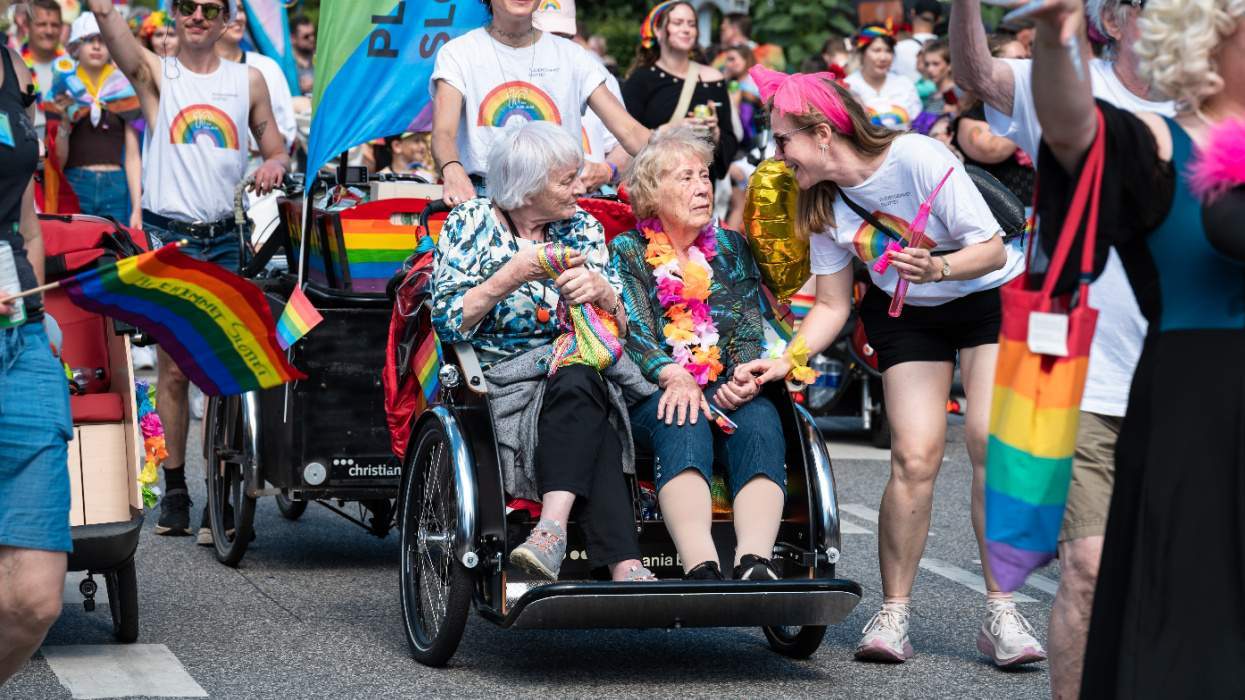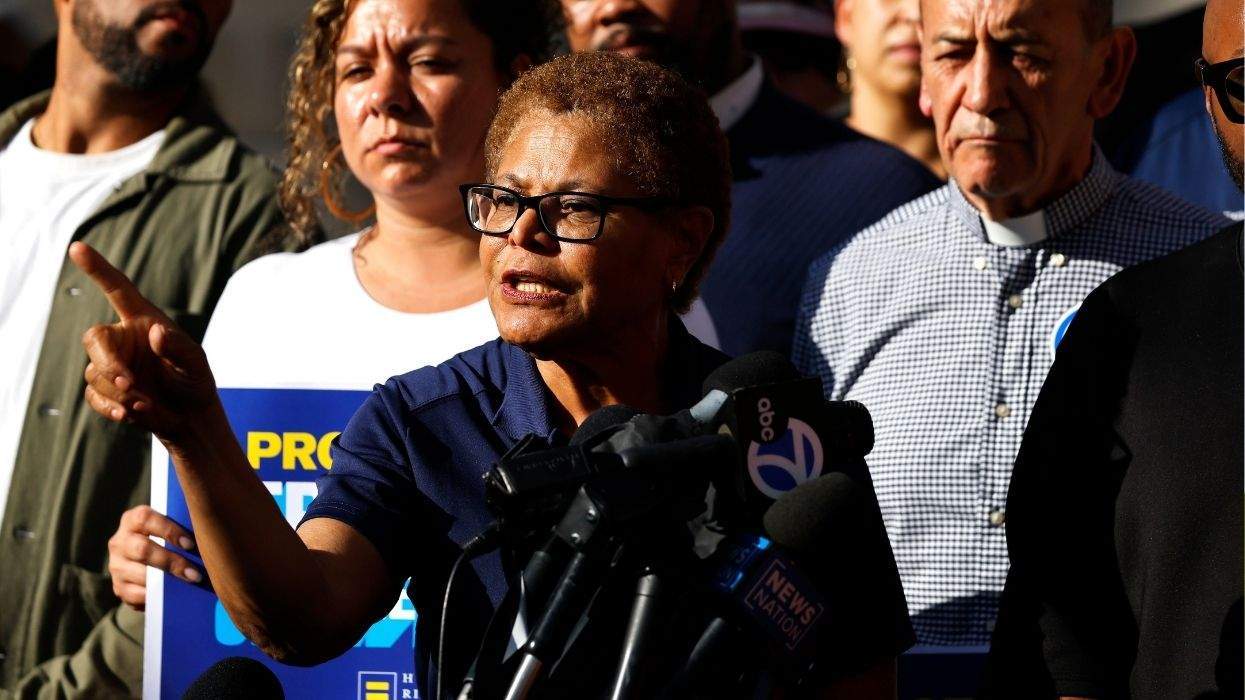Responding to what it said was customer demand, Blue Cross-Blue Shield of Michigan is offering coverage to the partners of gays and lesbians who work for small businesses. But the move by Michigan's largest health insurer has rankled conservative critics who deem it another attack on traditional marriage. Critics also contend that offering coverage to gay partners will serve to only raise costs for other Blue Cross subscribers. "We're talking about a group that engages in high-risk behavior, that are stricken with serious, life-threatening diseases that are very expensive to treat," Gary Glenn, president of the Midland-based American Family Association of Michigan, said Monday. "You add them to the insurance pool, and it's going to have the inevitable consequence of driving up insurance costs for everyone they do business with." The domestic-partner coverage extended to the insurer's small business customers mirrors that offered to married couples. Gay and lesbian couples must prove they are in a committed relationship to qualify. "For us, it isn't about politics. It's about meeting purchaser needs," said Kathy Elston, Blue Cross-Blue Shield vice president for marketing and sales, who guided the benefit expansion. Still excluded from coverage are unmarried straight couples, with the reasoning being that they have the option to get married and qualify for benefits at that point. Officials at Blue Cross-Blue Shield say they studied four years' worth of records of large employers that offer domestic-partner benefits and determined that those benefits cost the same as they did for opposite-sex couples. Other insurers preceded Blue Cross-Blue Shield in offering coverage to same-sex couples. The Health Alliance Plan and M-Care already offered the coverage to their small business customers. On the national level, the trend is growing. More than 2,000 private employers offer health and other benefits to domestic partners, and more than 50 cities and counties and seven states provide such coverage, according to the Lambda Legal Defense and Education Fund, a gay rights organization. But advocates say the Blue Cross-Blue Shield decision is particularly heartening since it is the largest provider and because the move represents a major step forward by insurers. The change will affect about 50,000 Blue Cross businesses in Michigan that have fewer than 90 employees.
Search
AI Powered
Human content,
AI powered search.
Latest Stories
Stay informed on important LGBTQ+ news.
Sign up for our email newsletter.
@ 2026 Equal Entertainment LLC.
All rights reserved
All rights reserved
By continuing to use our site, you agree to our Privacy Policy and Terms of Use.
The Latest
More For You
Most Popular
@ 2026 Equal Entertainment LLC. All Rights reserved















